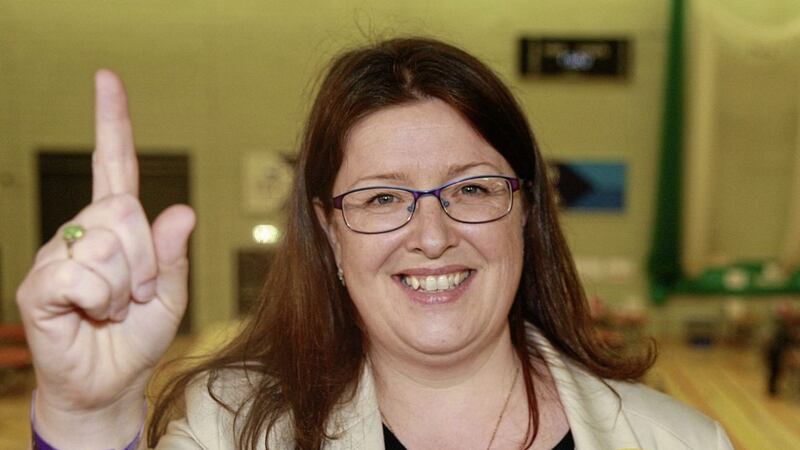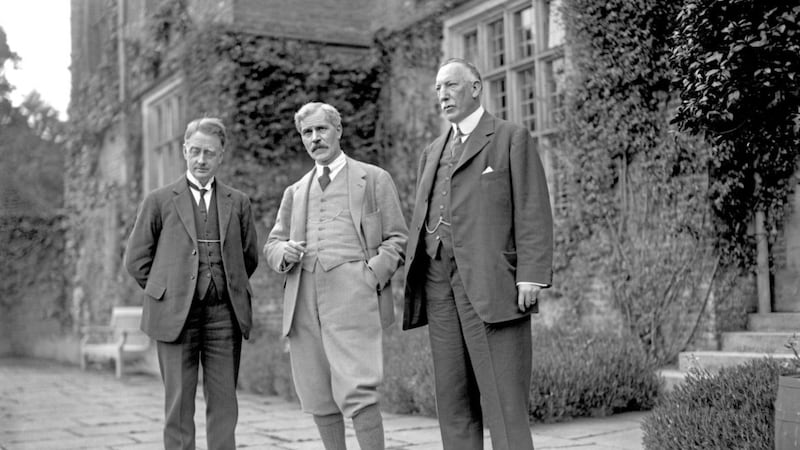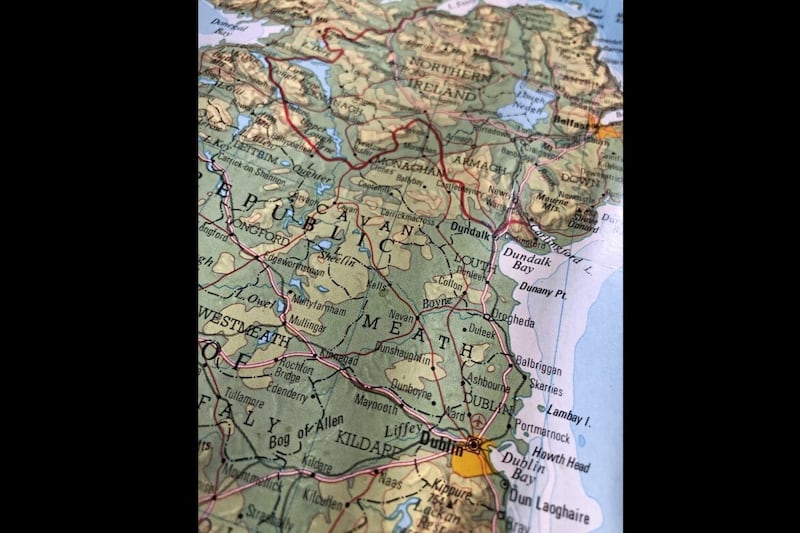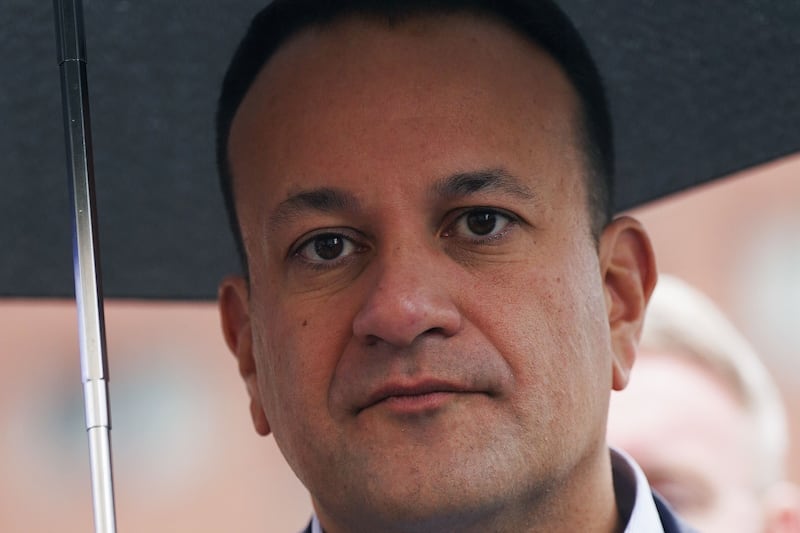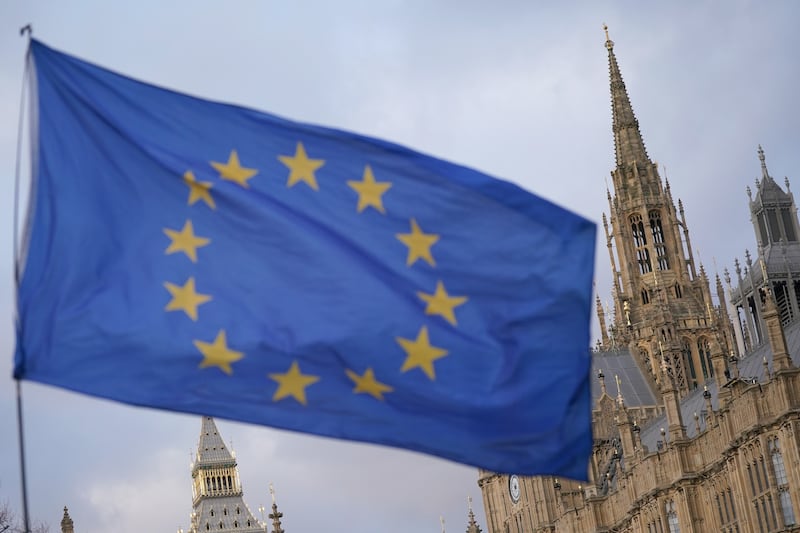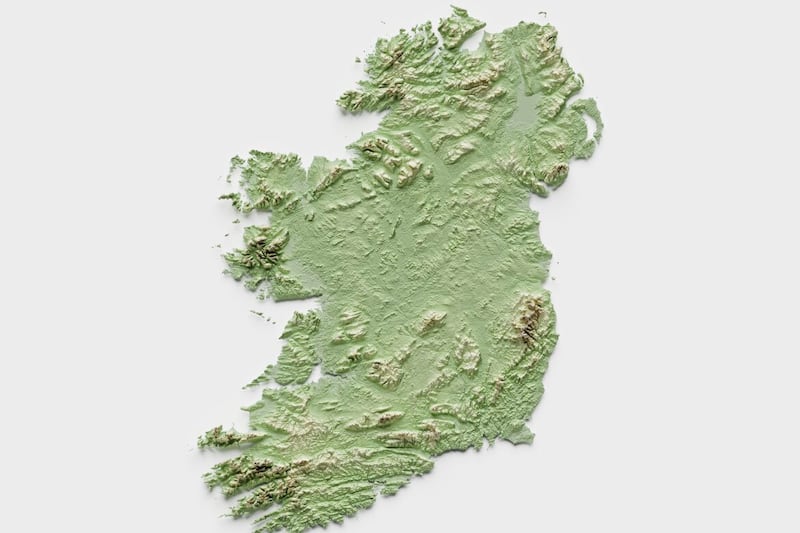THIS column has been putting forward for some time that Irish unity is within the grasp of nationalists and republicans.
However, they need to find ways of reducing the level of opposition from those who currently take either a unionist or neutral position on the issue. Indeed it would be beneficial if any members of either of those two camps were converted to the cause of 32-county independence.
The Alliance Party of Northern Ireland is designated as neither unionist nor nationalist but “Other” and I argued last week that they should be included in a pro-unity charm offensive. Subsequently, an email arrived from a friend who played a significant role behind the scenes in the talks leading to the Belfast/Good Friday Agreement.
He expressed the view that Alliance “would be very slow to respond to the most ardent wooing”. In his opinion, the growth in Alliance support comes mainly from “people of a broadly unionist background” who are reacting to what they regard as excessively hard-line stances by the DUP and Traditional Unionist Voice. But when it comes to constitutional issues, he can’t see them shifting.
His analysis would certainly have carried a lot of weight until 11pm on January 31 last year. That was when the withdrawal of the United Kingdom from the European Union took effect. Could Brexit be a game-changer that undermines people’s trust and faith in being part of the UK?
One is reminded of the quote attributed to former Chinese Premier Zhou Enlai, regarding the impact of the French Revolution: “It’s too early to say.” It later emerged that, during a discussion with then-US Secretary of State Henry Kissinger, he was actually referring to the May 1968 student revolt and general strike in France: a prime example of spoiling a good story with the facts.
I have been listening back to an edition of the Nolan Show from last Monday week where Alliance Party MLA Kellie Armstrong was quizzed by Vinnie Hurrell (standing in for Stephen) as to how she would vote in a referendum on Irish unity. Stressing that her party doesn’t take a position on a border poll, she continued: “I have to be very honest with you, up until Brexit I would have voted to stay in the United Kingdom. Since Brexit, my mind is changing and my mind is changing because of the behaviour of [the] Westminster government. I believe that we were better in Europe and that is changing my mind.”
However, she emphasised that the full implications of a Yes vote would have to be provided, which was not the case with the Brexit poll as far as she was concerned. The Strangford MLA added that, “up until Brexit I would have voted to stay in the United Kingdom and now I’m wavering”.
Before making up her mind in a referendum, she would require details of what would happen in a United Ireland to the National Health Service, the education system, etc. She added that, if the choice came at whatever stage in the next five to 20 years: “I need to know an awful lot more information.”
Sinn Féin leader Mary Lou McDonald has herself highlighted the need “to build an Irish National Health Service island-wide”, in an interview on RTE Radio One. Others have referred to the issue as well and it seems safe to predict that a respectable majority for unity will not be achieved north of the border unless people are convinced that their access to health services will be maintained and even improved. Incidentally, the decision of Fianna Fáil TD for Sligo-Leitrim, Marc MacSharry, to resign the Fianna Fáil whip means that Sinn Féin is now the largest party in the Dáil.
The political scene south of the border is somewhat unsettled and it can’t be guaranteed that the current Fianna Fáil-Fine Gael-Green Party coalition will serve out its full term of office until 2025. Politics can be full of surprises but there is a widespread belief at the moment that Mary Lou could well be taking over as taoiseach after the next general election. That would inevitably increase the pressure for a border poll but, in line with the cautionary note struck by Kellie Armstrong, there is still a lot of groundwork to be done. Cool down on the rhetoric, folks: let’s focus instead on the practicalities.
Email: Dddebre1@aol.com; Twitter: @DdeBreadun
